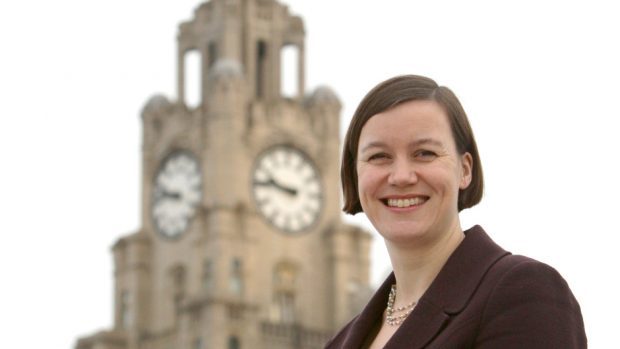Senior MPs have accused the UK Government of a “cavalier” attitude to veterinary capacity in the event of a no-deal Brexit and warned animal exporters’ costs must not increase.
A report by the influential Commons Public Accounts Committee also highlights the risk of UK exports of animals and animal products being delayed at borders.
And it claims “excessive secrecy” at the centre of government has hampered the Department for Food, Environment and Rural Affairs (Defra) in its ability to advise businesses on how to prepare.
Meg Hillier, who chairs the committee, said it was “alarming” how little specific information had been provided and called on the department to do more to assure parliament, companies and the wider public that is has a “firm grip on its responsibilities”.
The report highlights the need for export health certificates, which currently have to be signed off by vets, to accompany animal and animal product exports to EU states if negotiations end without agreement.
>> Keep up to date with the latest news with The P&J newsletter
Defra has estimated the equivalent of around 50 additional full-time vets would be required to cope with the extra volume.
But the report says vets would likely take on this work on an ad-hoc basis in addition to existing duties, meaning a far larger number would be required.
It adds: “The department is cavalier about enough suitably qualified staff to take on this work being available.”
The committee concludes the six hours training online would not be a barrier to uptake and that requirements could be “easily sourced” from a pool of more than 6,000 potential candidates in the private sector.
But it adds: “The department has failed to consider the geographic distribution of vets and their willingness to take on this additional work.”
The report also says that while there have been discussions with the Royal College of Veterinary Surgeons about enabling non-vets to sign off these certificates, “no resolution” has yet been reached to extend the candidate pool.
Recommending the urgent development of a “credible plan” to increase capacity, it adds: “We are concerned that the increased demand for veterinary services will increase costs to UK exporters”.
